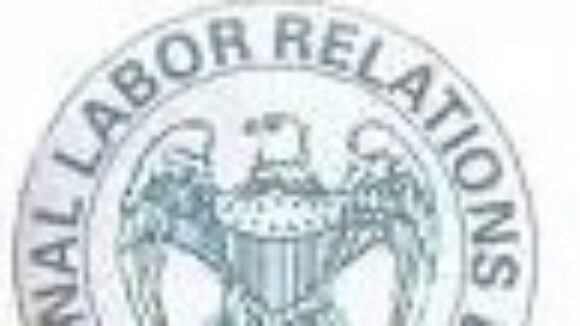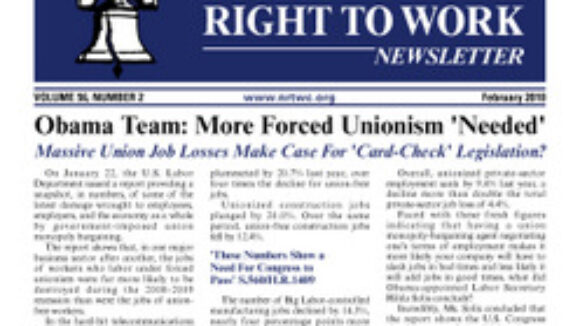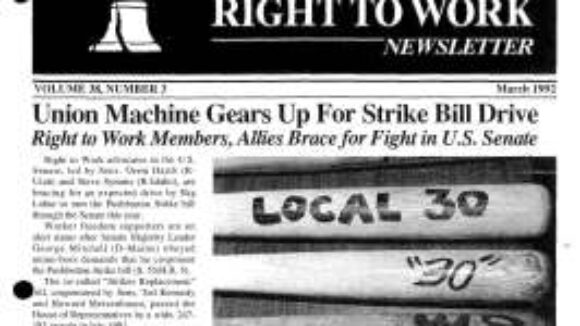IOU’s Called In -- Payback Appointment
The Washington Times and the Wall Street Journal discuss the possibility of a recess appointment of Craig Becker to the National Labor Relations Board. A recess appointment would bypass the will of the Senate and install a self-proclaimed forced unionism radical to the Board. The Washington Times correctly opines: Mark Mix of the National Right to Work organization reports that in 2007 alone, Mr. Becker's lawyering forced 63,000 California workers to pay union dues even after rejecting union membership. He allowed repeated "home visits" for union backers, designed to pressure workers to sign public union-organizing petitions. Unions were "formed to escape the evils of individualism and individual competition. ... Their actions necessarily involve coercion," Mr. Becker once explained. This gets to the heart of the fears about this nomination. The administration so far has been unable to push through Congress the radical plan to force union organizing through "card check" mechanisms in which workers would be denied a secret ballot when voting on whether to unionize. The purpose, clearly, is to invite coercion and intimidation to increase the ranks of dues-paying members. Mr. Becker let slip his suggested solution to the congressional difficulty back in 1993, when he said the NLRB could impose card check, or something close to it, with "no alteration of the statutory framework." Indeed, he openly called for "abandoning the union election."


